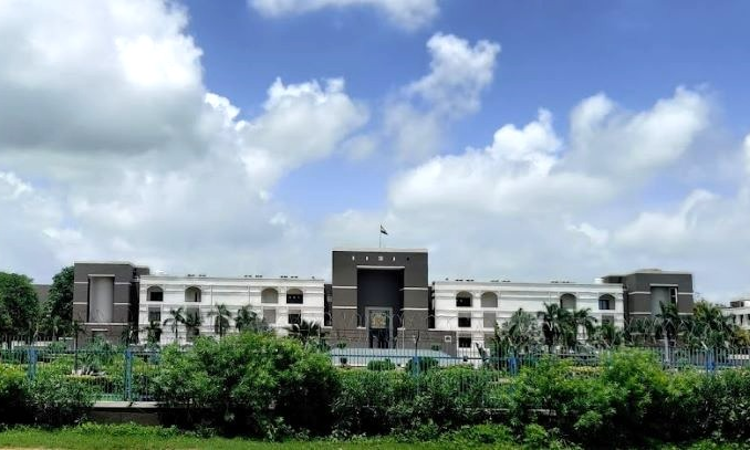Every Offence Under Negotiable Instruments Act Is Compoundable: Gujarat High Court
LIVELAW NEWS NETWORK
1 Feb 2022 6:47 PM IST

Next Story
1 Feb 2022 6:47 PM IST
The Gujarat High Court has held that when parties have settled the dispute amicably, the compounding of the offence is permitted with regard to an offence under Section 138 of the Negotiable Instruments Act, 1881.Justice Vipul Pancholi took note of Section 147 of the Act which provides that notwithstanding anything contained in CrPC, every offence punishable under this Act shall...
